In the fast-paced world of technology, our homes are becoming smarter and more connected than ever before. From controlling your lights with a voice command to remotely monitoring your security cameras, home automation and smart technology have revolutionized the way we live. In this article, we'll dive into the latest trends in home automation and smart technology, showcasing how these innovations are making our lives more convenient, efficient, and enjoyable.
Voice-Activated Smart Assistants
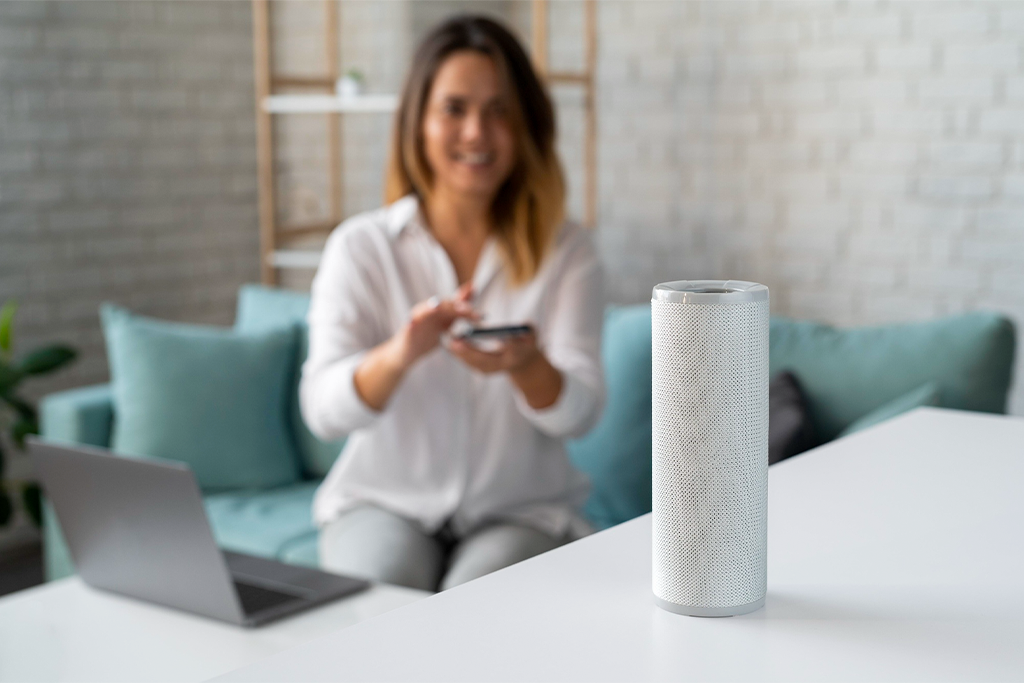
The adoption of voice-activated smart assistants, like Amazon's Alexa, Google Assistant, and Apple's Siri, continues to rise. These devices have evolved from basic voice recognition to sophisticated, context-aware assistants that can control various smart devices in your home.
- Trend: Natural Language Processing (NLP) advancements have made it easier to interact with these devices. You can now have more natural and meaningful conversations with your smart assistant, making it feel like a true virtual companion.
- Benefit: Voice-activated smart assistants simplify daily tasks, control smart home devices, answer questions, and even provide entertainment. Their integration with other smart devices allows for seamless automation and voice-controlled routines.
Smart Lighting Solutions
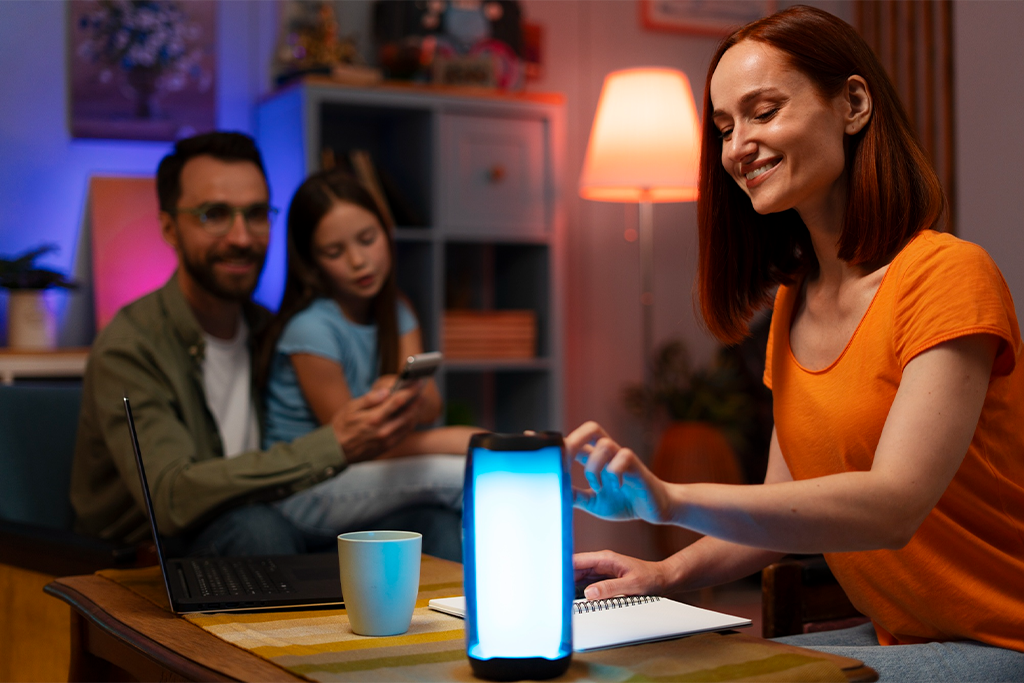
Smart lighting has become a staple in modern homes. LED bulbs with integrated Wi-Fi or Bluetooth connectivity allow you to control the brightness, color, and scheduling of your lights through a smartphone app or voice commands.
- Trend: Human-centric lighting is gaining traction. This concept involves adjusting the color temperature of lights throughout the day to mimic natural sunlight, which can positively impact your mood and well-being.
- Benefit: Smart lighting not only adds convenience but also contributes to energy savings. You can optimize lighting to suit your activities and preferences while reducing electricity consumption.
Enhanced Home Security
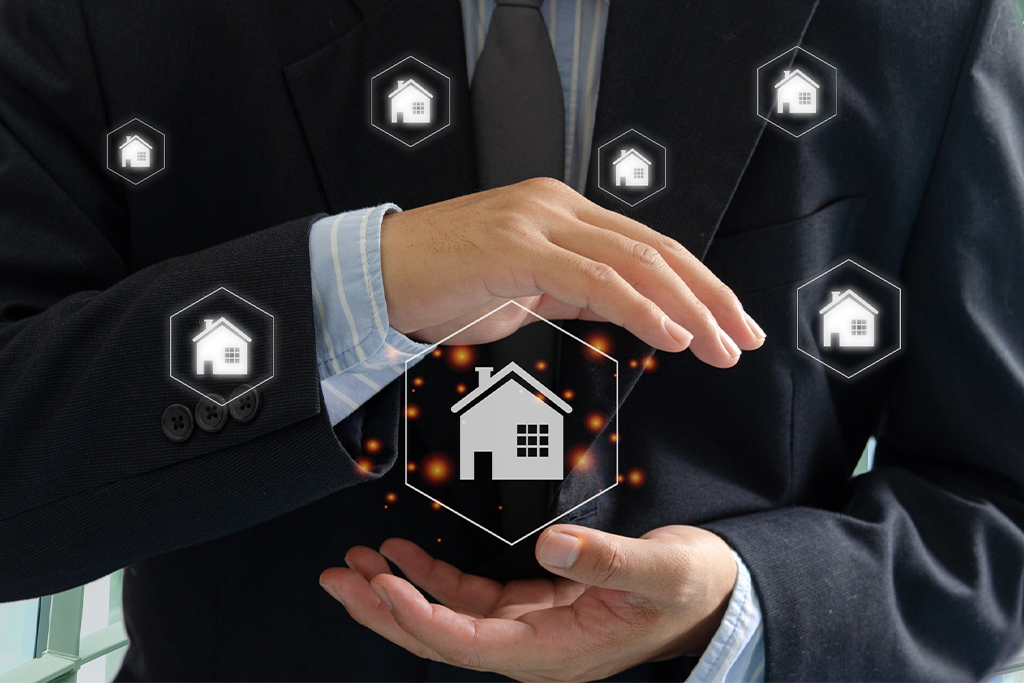
Home security has seen significant advancements with the integration of smart technology. From smart locks to video doorbells and security cameras, homeowners now have comprehensive control over their home's security.
- Trend: Facial recognition technology is becoming a standard feature in security cameras and doorbells. This allows for more precise alerts and security, as you can receive notifications specific to recognized individuals.
- Benefit: Smart security systems provide real-time alerts and remote monitoring, enhancing the safety of your home. The integration of AI and machine learning in these devices improves their ability to identify potential threats and reduce false alarms.
Energy Efficiency and Sustainability

As environmental concerns continue to grow, smart home technology is playing a pivotal role in promoting energy efficiency and sustainability.
- Trend: Smart thermostats and energy management systems are becoming more intelligent. They can learn your preferences, adapt to your schedule, and optimize energy usage to reduce your carbon footprint.
- Benefit: Energy-efficient smart homes not only help the environment but also save you money on utility bills. You can monitor and control your energy consumption in real-time, making adjustments as needed to reduce waste.
Seamless Home Entertainment
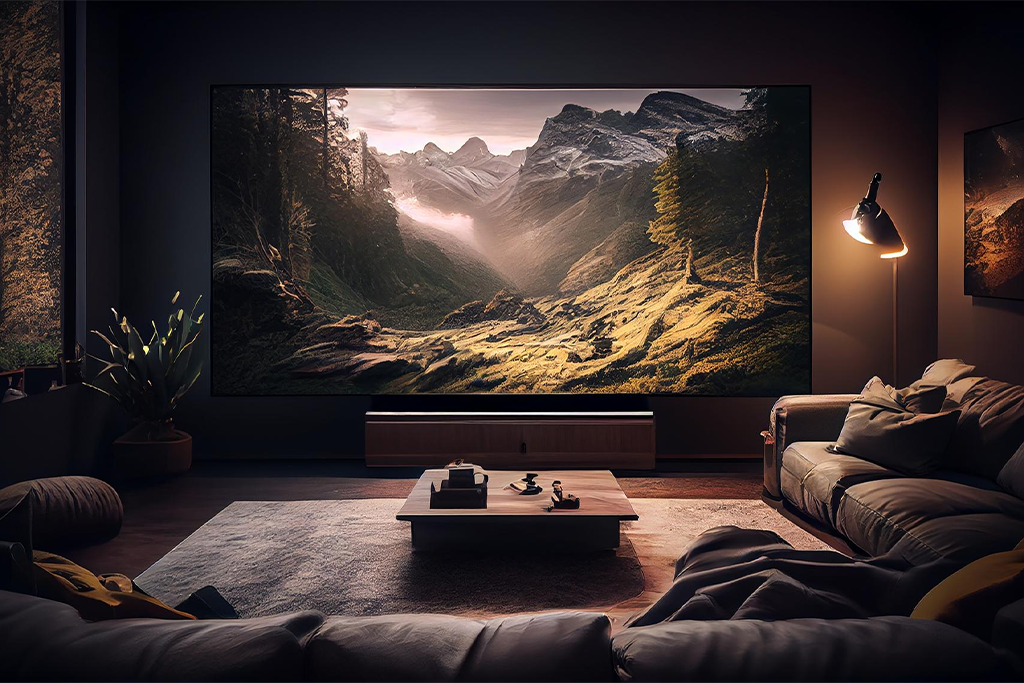
The way we consume media and entertainment at home has evolved significantly. Streaming services, smart TVs, and home audio systems are central to the modern entertainment experience.
- Trend: The integration of voice assistants into home entertainment systems is on the rise. You can control your TV, sound system, and streaming services with voice commands, creating a more immersive and convenient experience.
- Benefit: Smart entertainment systems offer personalized recommendations, easy access to content, and the ability to create customized home theaters. They also simplify the management of multiple devices through unified interfaces.
Health and Wellness Monitoring
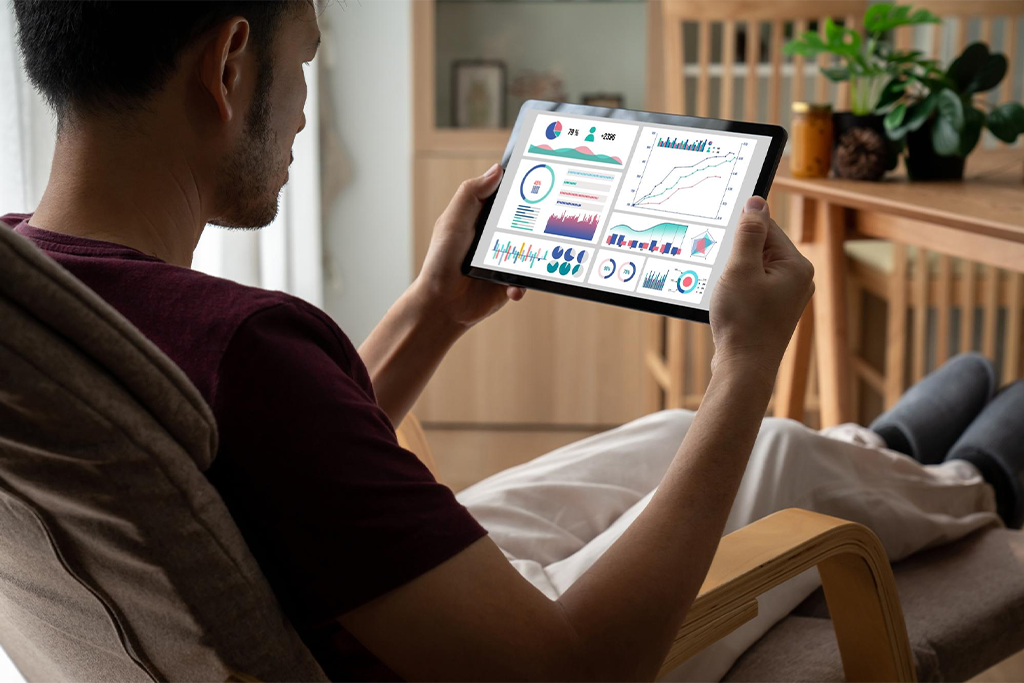
Incorporating smart technology into health and wellness has gained momentum. Wearable fitness trackers and smart scales are just the beginning, as more advanced health monitoring devices enter the market.
- Trend: Remote health monitoring is becoming increasingly prevalent. Smart devices can track vital signs, offer health advice, and even connect directly to healthcare providers for real-time assessment.
- Benefit: These technologies empower individuals to take charge of their health by providing data-driven insights and early warning signs. They can also assist healthcare professionals in remote patient monitoring and telemedicine.
Smart Kitchen Appliances
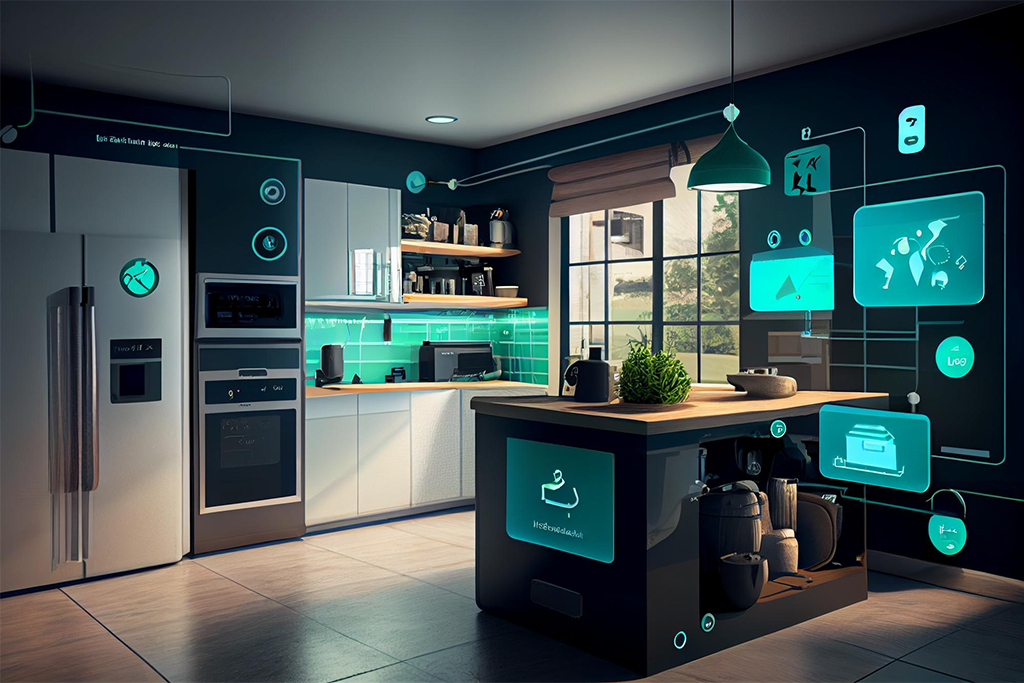
The kitchen is getting smarter with the introduction of connected appliances. From refrigerators that track food inventory to ovens that suggest recipes, these innovations are changing the way we cook and manage our kitchens.
- Trend: Artificial intelligence is being integrated into kitchen appliances. Smart ovens can recognize the type of food being cooked and adjust cooking settings automatically for optimal results.
- Benefit: Smart kitchen appliances offer convenience, reduce food waste, and enable more precise cooking. They can also provide nutritional information and help users follow specific dietary preferences or restrictions.
Automation and Integration
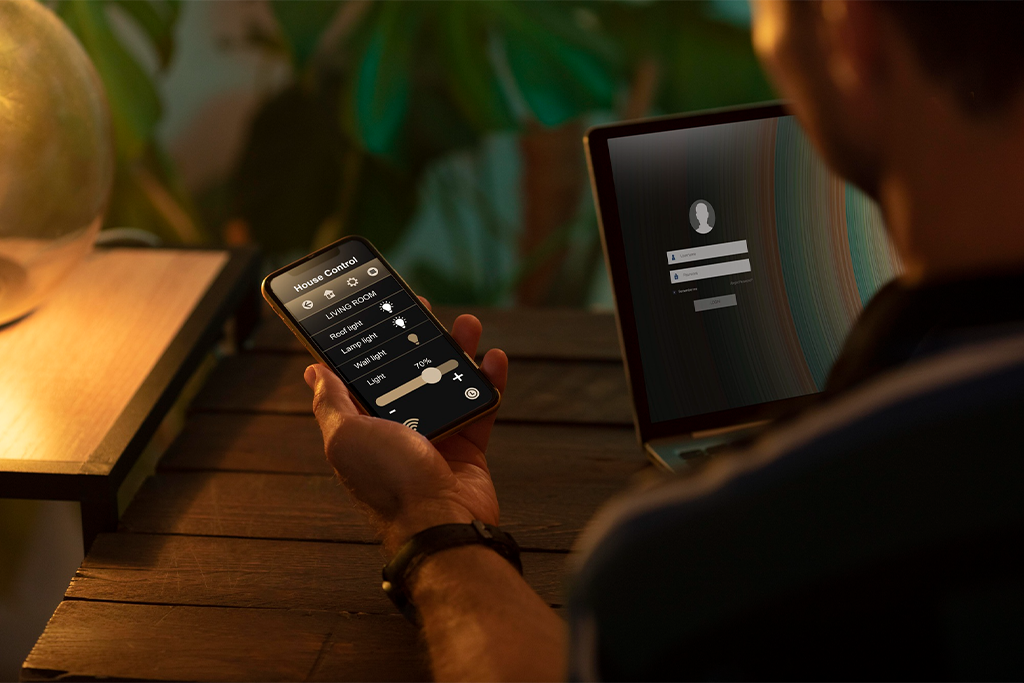
One of the most significant trends in home automation is the integration of multiple smart devices and platforms. Homeowners can now create custom automation routines that connect various devices to work together seamlessly.
- Trend: Smart hubs and platforms are becoming more versatile, allowing for greater compatibility across different brands and devices. This simplifies the process of building a comprehensive smart home ecosystem.
- Benefit: Integrated smart home systems enhance convenience and efficiency. For example, you can set up “Good Morning” routines that adjust the thermostat, turn on lights, and brew your coffee, all with a single voice command or the tap of a button.
DIY Installation and Setup

As smart technology becomes more accessible, many homeowners are opting for DIY installation and setup of smart devices. Manufacturers are designing products with user-friendly interfaces and step-by-step guides.
- Trend: Smart devices are increasingly designed for easy installation and configuration. Many products offer mobile apps that guide users through the setup process, reducing the need for professional installation.
- Benefit: DIY smart home setups save time and money, making it more accessible to a wider audience. Users can expand their smart home gradually, adding new devices as they become comfortable with the technology.
Privacy and Data Security
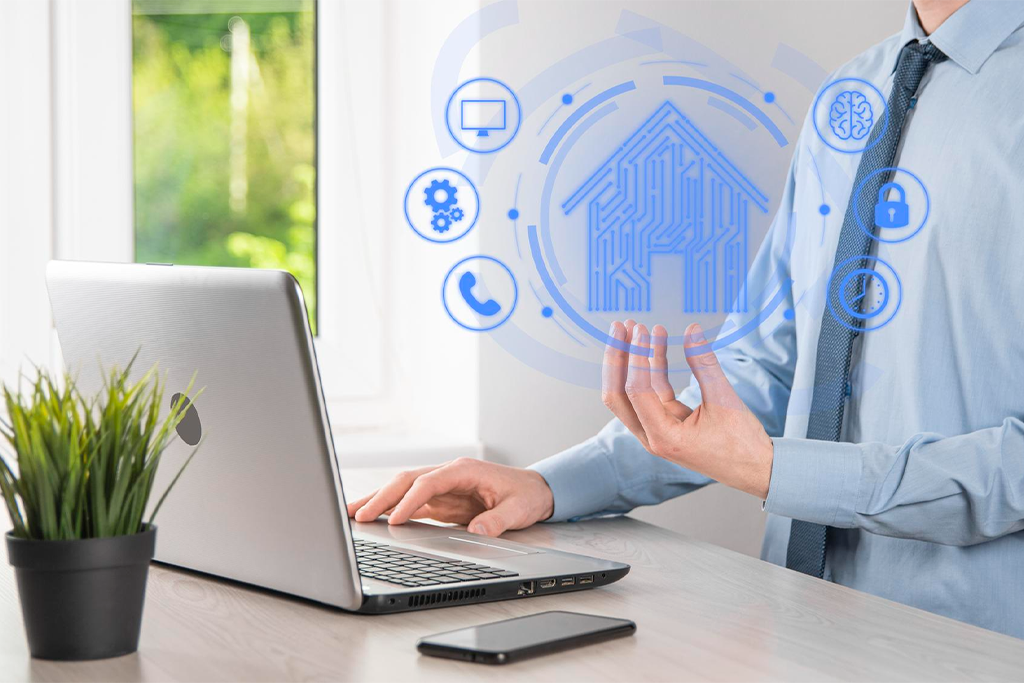
With the proliferation of smart devices collecting data, privacy and data security have become paramount concerns for consumers.
- Trend: Manufacturers are taking steps to improve data privacy and security. Features like end-to-end encryption, two-factor authentication, and enhanced user control over data are becoming standard.
- Benefit: Protecting user data and privacy is crucial. These security measures help build trust among consumers, ensuring that their personal information remains confidential and secure.
As we embrace these trends in home automation and smart technology, it's essential to stay informed about the latest advancements and make informed choices when integrating these devices into your home. Whether you're looking to enhance convenience, security, energy efficiency, or overall quality of life, the world of smart technology offers endless possibilities to create a truly connected and intelligent home.s









No Comment! Be the first one.